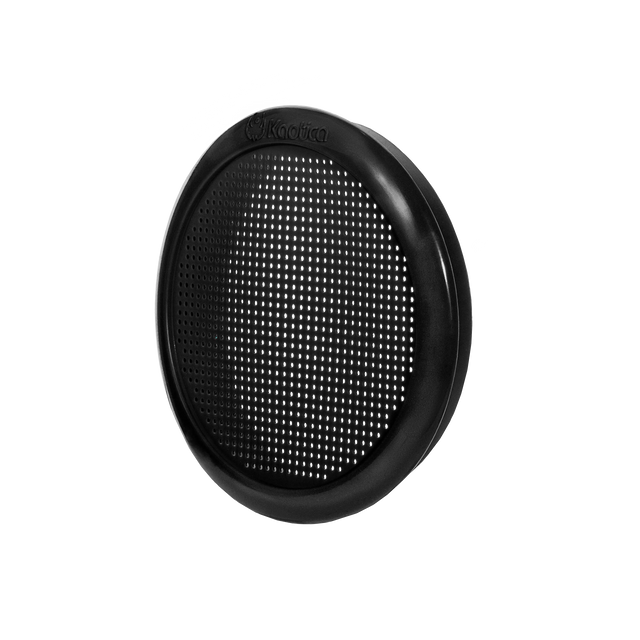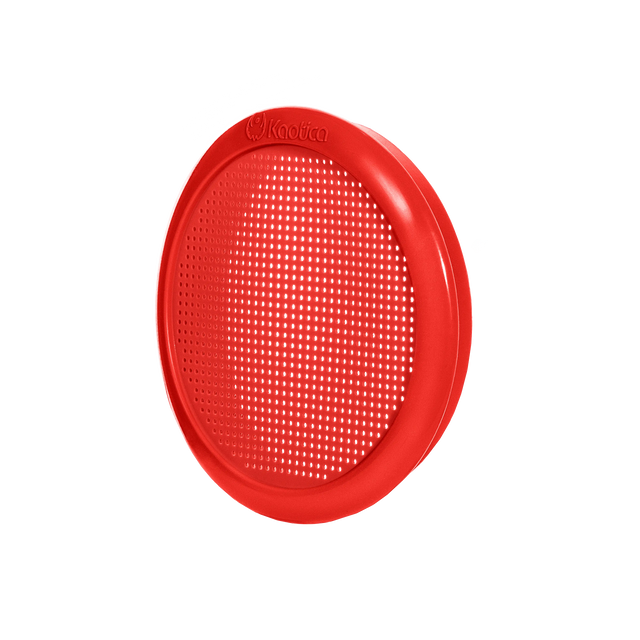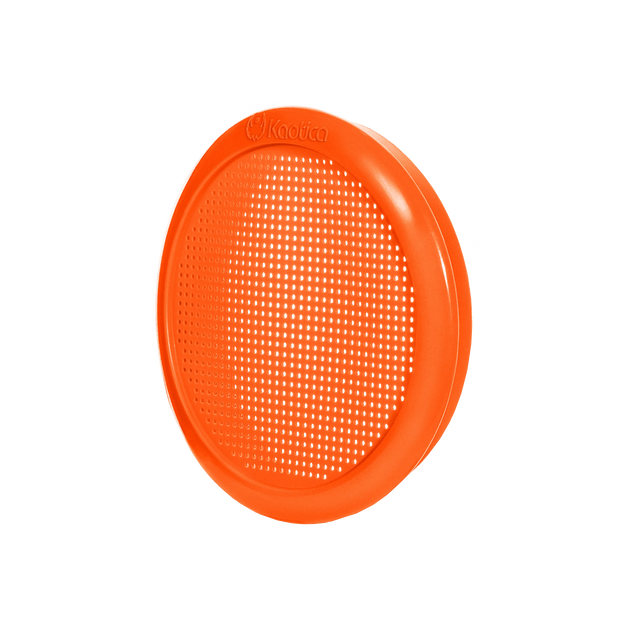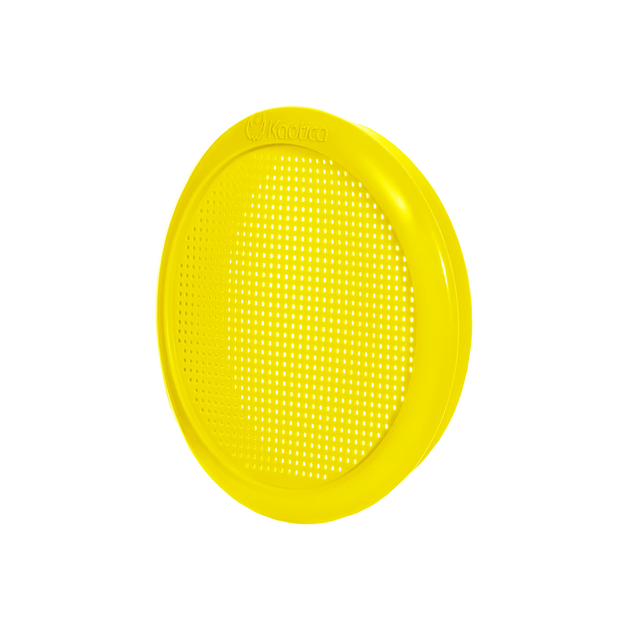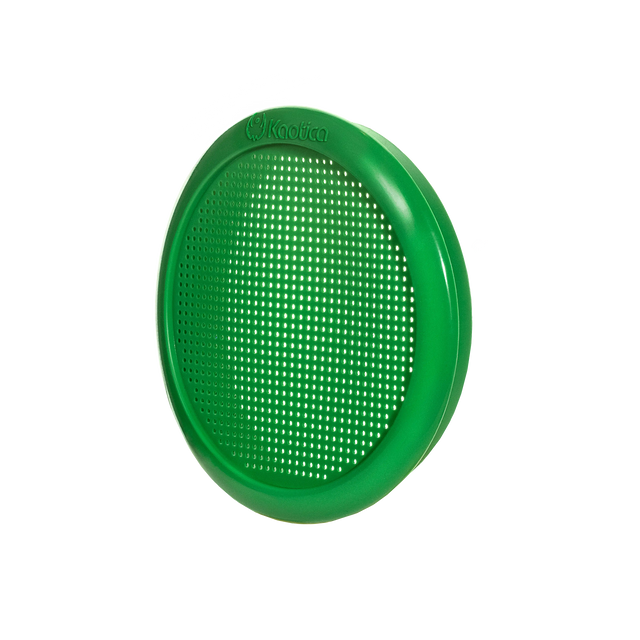
J.OLIVER
"USING YOUR STUDIO AS A MUSICAL INSTRUMENT"
Recently, we caught up with Dallas based artist, rapper and one of the hottest up and coming music producers, J Oliver to talk about making his dreams a reality and how the Kaotica Eyeball has changed the way he makes his art.
You’ve probably heard some of J’s red hot production flare at work with the likes of Trey Songz and Kevin Hart on their track, “Push It On Me or Meek Mill’s Fck You Mean, Kirko Bangz “Old Ways” or French Montana’s “I Told ‘Em,”One of the signature sounds of J Oliver’s work is that he doesn’t have just one game up his sleeve. He’s not just a rapper.His versatile style has also led him to work with a wide palette of artists, including R&B songstress Tinashe, Raheem DeVaughn, and the all-male group Day 26, launched by industry mogul Sean “P Diddy“ Combs. He is signed as an artist to Radio Raheem's Label Never Satisfied
IN THE BEGINNING
“I started out when I was really young, when I was like 12 or 13 years old. I just wanted to be in competition with my brothers. We came in making music because we all wanted to be in like Scratch magazine. That was a big thing to be in Scratch Magazine. My brothers, they used to kick my ass when it came to making music so I wanted to be better than them. So that's how we got started. Just making music. We knew nothing about getting paid no dollars, no money, no nothing man. We just generally liked music and I wanted to be better than Ferrell, Cool and Dre so I was on it.”
"THE (NOT QUITE) RAGS TO RICHES STORY"
We all love a good rags to riches story but they don’t always pan out like in the movies. At least not at first. When J came of age he quit his day job and decided to leave the rugged streets of Baltimore to pursue his dreams in sunny L.A. Armed only with $50 bucks in his pocket and a bogus contract, it wouldn’t take long before young Oliver would have to head back home again and rethink his whole game.
Eventually, his work couldn’t be denied because the word on the street was that J Oliver had this “big sound” that had become his signature and people wanted that sound. That sound found the ears of Baltimore native Bad Boy artist, Los, who became like a big brother to Oliver and pushed him to his limits. Oliver told us that another major catalyst in his career came when he met Miami-based Radio Raheem, who would eventually sign him to his label.
USING THE RECORDING STUDIO AS MUSICAL INSTRUMENT
“As a producer, I use the recording studio as an instrument. I mean, it’s everything from the pre-amps to making your vocal sound good to using the same preamp for the guitar lines if I want to add guitar. I can put the harmonica or the acoustic guitar in the vocal booth. It’s everything, it’s a total musical facility. I mean what can you not do in the studio?”
"IT’S ALL ABOUT THE VOICE"
Often times, we like to talk about the beat or the cool hook when we’re describing that hit song we like but there’s really one thing that matters above all else when it comes to making music. So we asked J just how important is the vocal to the song.
“The vocals are the main part of the song! I tell that to people all the time and people try to hit me with “you can't sell an a cappella vocal CD but you can sell an instrumental CD”. But I say no, bro. The vocal is the most important piece of any production. So like I've learned to stop putting so much musical elements inside of a beat because the vocals still have to sit in there and that's the thing that you will hear the most.”
THE KAOTICA DIFFERENCE AT HOME
"I've tried a lot of the products out there like the Reflexion Filter. I feel like with the Kaotica Eyeball it’s always better. If you're in your home music studio or anything like that it’s like your own mobile vocal booth without having to go to a bigger studio."
You know, a lot of people record on their mics with no studio acoustic treatment and you hear everything going on in the room and it makes it sound cheap. And so it's like I’ve used this Eyeball plenty of times, hundreds of times.
TRAVELING WITH THE EYEBALL
It seems J Oliver is always on the go because he’s so in demand these days. When he’s on the road working with these various recording artists, whether in a hotel, home music studio or other non-studio environments, he’s got to get consistent results so he can use those mobile tracks on his records. Here’s what he had to say about taking Kaotica on the road as a portable sound booth.
“What I like about the Kaotica Eyeball is it’s mobile so you can bring it around with you. Like I said, sometimes you can't go to a big studio and the Eyeball helps when I’m on the road. It helps me in the hotel room when I record and helps when you’re in your friend’s house recording if you come in and you know I hear everything and the computer is buzzing away. You need to control that. Let's face it, this is a crazy money industry and everybody don't have it like that to buy that type of stuff so you know it's cool to have that Eyeball with you. It’s a game changer.
HOW TO GET YOUR PRODUCER GAME ON
“The best advice that I could give other producers is to never give up. And to really use their surroundings to network and meet with other people. So if say, you want to get your music heard by industry people you know are backstage at a concert, act like you’re on phone talking business when you go up to security and then if security stops you just be like ‘man I'm with the crew’ you know and walk in there with a keyboard. See you've got to think of new things to get you into where you need to be at in order to build that network. You could be a terrible producer who’s well connected and still get a song placement. But a more talented producer may not get a placement because he doesn't have that network. So your network is by far the biggest thing.”
WHY MUSIC MATTERS
“Music is life, you know"
Music gets you through everyday life because everybody has a story and a lot of people's stories are relatable to everybody. Like with music it just doesn't matter what genre of music it is. If you listen to the lyrics then you know that song is talking to you. So music will get you through your day. Even if you're having a negative day music can turn it into a positive.”
“I want people to take away the emotions that I put into my music...The realness. Everything that I go through in life.” After working with artists like T. Cole, whose song writing credits include both Chris Brown and J Oliver realized he had finally arrived.
“It got to a point where I was like, ' I can do this.’ That point where it’s no longer a dream, it’s your occupation and you have to take it seriously because now it’s not about you anymore. It’s about your family and your team. It’s bigger than you.”





